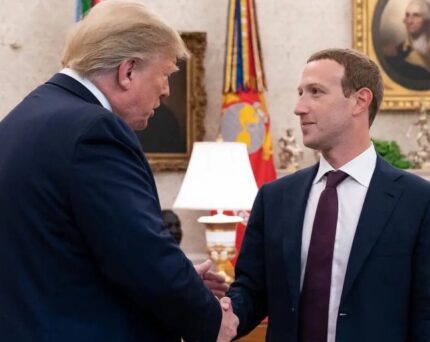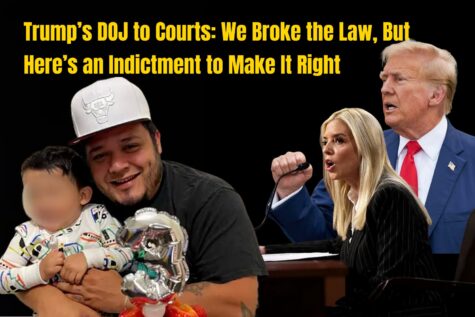Meta CEO Mark Zuckerberg recently dined with President-elect Donald Trump at his Mar-a-Lago estate in Florida, signaling a surprising turn in their historically strained relationship. This development, which comes amid significant political and technological intersections, has sparked discussions about the implications for tech regulation, social media governance, and political collaborations.
From Conflict to Collaboration: The History of Trump-Zuckerberg Relations
The relationship between Donald Trump and Mark Zuckerberg has been anything but smooth. Following the Capitol riots on January 6, 2021, Trump was suspended from Meta’s platforms, Facebook and Instagram, over allegations of inciting violence. This decision marked a low point, with Trump publicly criticizing Zuckerberg and even threatening legal repercussions if the tech mogul interfered in the 2024 presidential election.
However, recent developments suggest a warming of relations. In August, Trump softened his stance during a podcast, acknowledging a personal call from Mark Zuckerberg following an assassination attempt and expressing appreciation for Zuckerberg “staying out of the election.” This conciliatory tone paved the way for their dinner meeting, a move Meta described as an effort to engage with the incoming administration on the future of American innovation.
Big Tech and Politics: Strategic Alliances in the Making
While the details of the dinner remain undisclosed, the timing of the meeting has raised eyebrows. Meta has faced mounting scrutiny, including an antitrust lawsuit from the Federal Trade Commission (FTC) since 2020. Industry insiders speculate that Mark Zuckerberg’s engagement with Trump could be a strategic move to navigate impending regulatory challenges under the new administration.
Interestingly, Trump’s rapport with Elon Musk, another tech giant, has overshadowed his evolving ties with Zuckerberg. Musk, the owner of X (formerly Twitter), has enjoyed a close relationship with Trump, contributing over $100 million to his campaign and earning the informal title of “First Buddy.” In contrast, Zuckerberg’s history with Trump has been marked by disagreements, including his handling of election-related content and alleged partisan bias.
A Balancing Act:Mark Zuckerberg’s Attempt at Neutrality
Mark Zuckerberg has taken steps to present himself as neutral in U.S. elections. In August, he expressed regret over Facebook’s decision to de-promote stories about Hunter Biden, a move criticized by right-wing commentators. Additionally, he pledged to cease funding electoral infrastructure following controversy over his $400 million donation during the 2020 elections, which critics claimed skirted donation limits.
These gestures, coupled with the Mar-a-Lago dinner, suggest Zuckerberg’s intent to rebuild bridges with key political figures. Whether this newfound rapport will yield tangible benefits for Meta or influence Trump’s regulatory approach remains to be seen.
Implications for Tech and Political Dynamics
The meeting underscores the evolving relationship between politics and technology. Trump’s administration will likely focus on regulating big tech, with implications for companies like Meta. Zuckerberg’s engagement with Trump could shape Meta’s strategy in navigating these challenges while maintaining its market dominance.
However, Zuckerberg’s rivalry with Musk remains a potential sticking point. Their history of disagreements, including the fallout from a 2016 SpaceX rocket explosion carrying a Facebook satellite, adds an intriguing layer to the dynamics. While both billionaires vie for influence in their respective domains, their interactions with Trump could determine their standing in the new political landscape.
As Trump prepares to assume office, the dinner at Mar-a-Lago may mark the beginning of a pivotal alliance. Whether this thaw in relations will endure or face new tests remains a question that will shape the intersection of tech and politics in the coming years.














